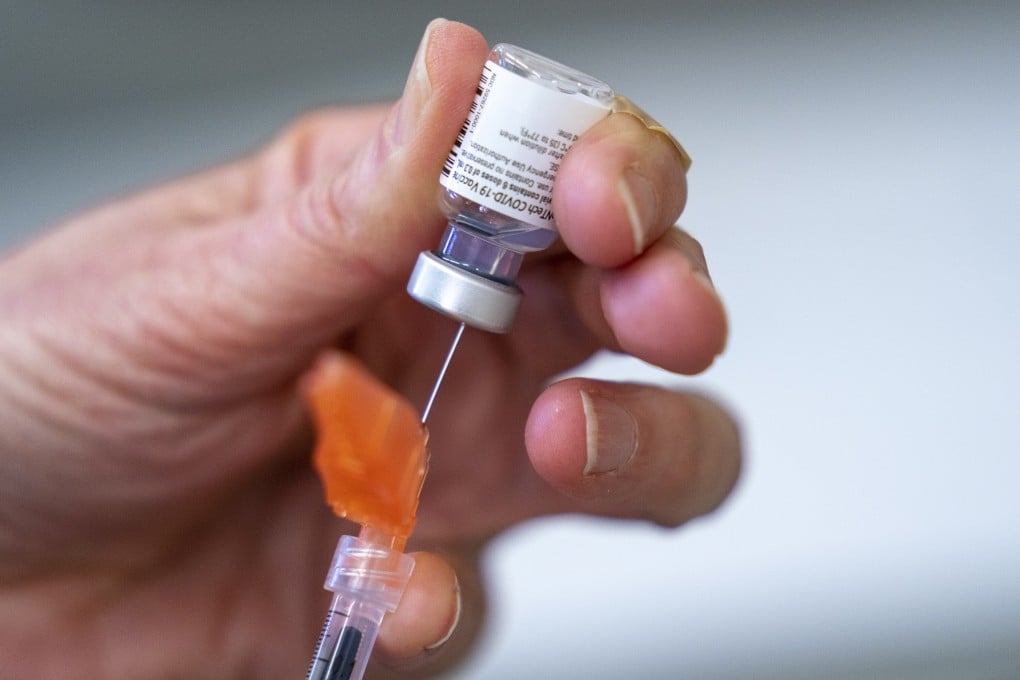Coronavirus: BioNTech may become first foreign vaccine approved for use in mainland China
- The panel advising the country’s regulator gave the green light to the jab, which will be the first using cutting-edge mRNA technology on offer on the mainland
- China looks set to use the drug as a booster for those who have received two shots of home-made vaccines

If the National Medical Products Administration acts on the panel’s advice, the jabs – made under the brand name Comirnaty – will also become the first vaccine using cutting-edge mRNA technology to be made available in the mainland.
Wu Yifang, chief executive of Fosun Pharma, which has exclusive rights to distribute the vaccine in Greater China, told a shareholder meeting that the review process has been smooth, according to Caixin magazine.
“Our communication with the National Medical Products Administration has been smooth, and the authorities are racing against time on the review,” Wu said.
The BioNTech vaccine is already available in Hong Kong, where it accounts for more than half the 4.58 million doses administered.

07:07
The global spread of the highly contagious Delta variant of Covid-19
Fosun has started preparing a Shanghai plant to start providing vaccines for the mainland, the report continued.